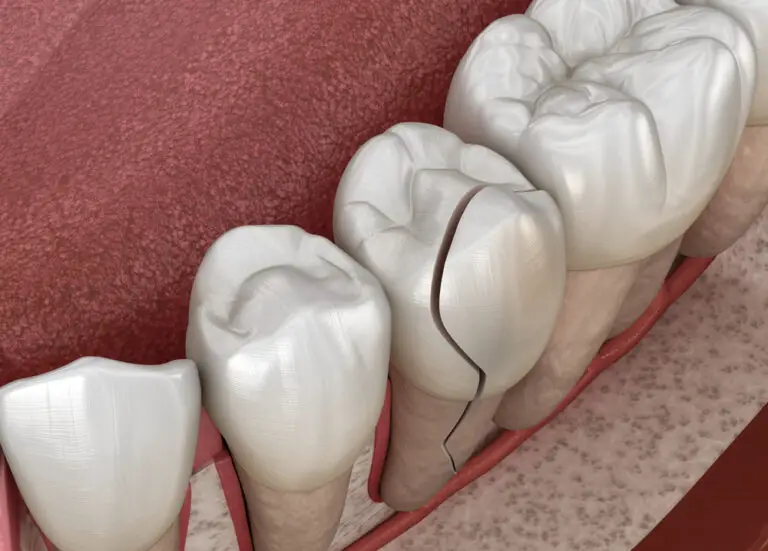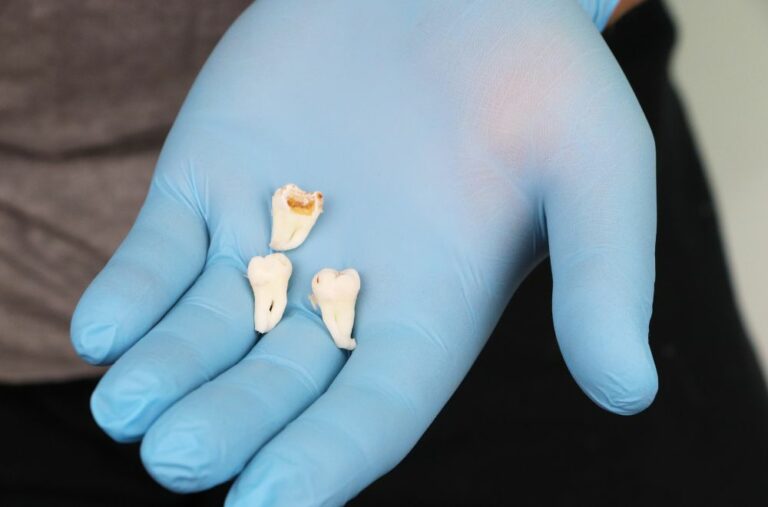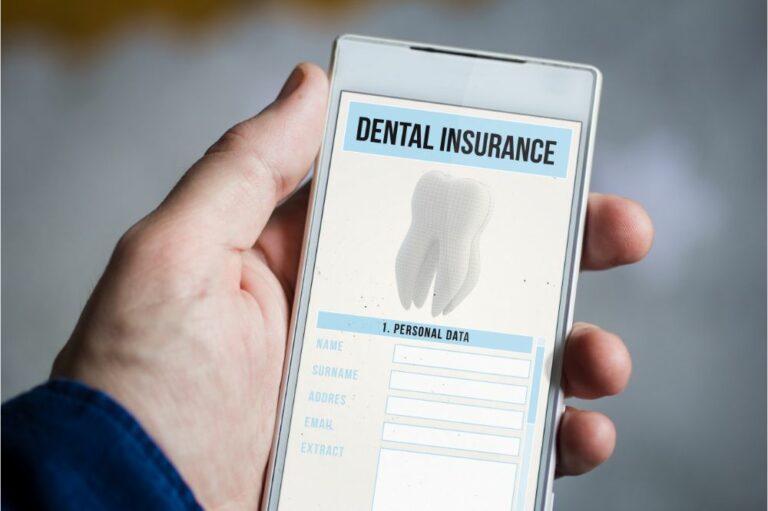Tooth pain can be a real nuisance, especially when it’s not caused by a cavity. There are many reasons why you may be experiencing tooth pain without a cavity, and it’s important to understand the underlying causes in order to find relief. In this article, we’ll explore the different types of tooth pain and what could be causing them, as well as provide some tips for preventing tooth pain and knowing when to seek medical attention.
Understanding tooth pain is the first step to finding relief. Tooth pain can be caused by a number of factors, including decay, gum disease, trauma, or even something as simple as sensitivity to hot or cold temperatures. However, if you’re experiencing tooth pain without a cavity, it could be due to other factors such as grinding your teeth or a cracked tooth. By understanding the root cause of your tooth pain, you can take steps to treat it effectively.
Why pain occurs without a cavity is a common question that many people have. In some cases, tooth pain without a cavity can be caused by nerve damage or inflammation, while in other cases it may be due to an infection or abscess. It’s important to identify the cause of your tooth pain in order to determine the best course of treatment. In the following sections, we’ll explore some of the most common causes of tooth pain without a cavity and what you can do to prevent it.
Key Takeaways
- Tooth pain can be caused by a variety of factors, including decay, gum disease, trauma, sensitivity, grinding, nerve damage, inflammation, infection, or abscess.
- Understanding the underlying cause of your tooth pain is essential for finding relief and determining the best course of treatment.
- Prevention tips include practicing good oral hygiene, avoiding sugary and acidic foods, wearing a mouthguard, and seeking medical attention if you experience severe or persistent tooth pain.
Understanding Tooth Pain

Tooth pain can be a frustrating and uncomfortable experience. It can be caused by a variety of factors, including cavities, gum disease, and injury. However, there are also several other reasons why you may be experiencing tooth pain, even if you don’t have a cavity. In this section, we will discuss the causes and symptoms of tooth pain.
Causes of Tooth Pain
- Bruxism: This is the official term for grinding your teeth, and it could cause them to hurt even if you don’t have TMJ. It is very common in the United States, and millions of people in the country have it.
- Gum disease: This is an infection of the gums that can cause pain, swelling, and bleeding. It is caused by bacteria that build up in the mouth.
- Tooth sensitivity: This is a common problem that can cause pain when you eat or drink hot or cold foods and beverages. It is caused by the exposure of the tooth’s nerve endings.
- Sinusitis: This is an infection of the sinuses that can cause pain in the upper teeth. This is because the roots of the upper teeth are close to the sinuses.
Symptoms of Tooth Pain
- Dull or sharp pain in the tooth or surrounding area
- Sensitivity to hot or cold temperatures
- Swelling or redness in the gums
- Difficulty chewing or biting
- Headaches or earaches
If you are experiencing tooth pain, it is important to see a dentist. They can determine the cause of your pain and recommend an appropriate treatment plan. In the meantime, you can try over-the-counter pain relievers or apply a cold compress to the affected area to help alleviate the pain.
Why Pain Occurs Without a Cavity

There are several reasons why you may experience tooth pain even if you don’t have a cavity. Here are some of the most common causes:
Gum Disease
Gum disease, also known as periodontitis, is an infection of the tissues that support your teeth. It can cause your gums to become red, swollen, and tender, and it can also cause your teeth to become loose. In some cases, gum disease can cause tooth pain, even if you don’t have a cavity. If you suspect that you have gum disease, it’s important to see your dentist as soon as possible.
Tooth Abscess
A tooth abscess is a pocket of pus that forms in your tooth or gums. It can be caused by a bacterial infection, and it can cause severe tooth pain, even if you don’t have a cavity. Other symptoms of a tooth abscess may include fever, swelling, and a bad taste in your mouth. If you suspect that you have a tooth abscess, you should see your dentist right away.
Tooth Fracture
A tooth fracture is a crack or break in your tooth. It can be caused by a variety of factors, including trauma, grinding your teeth, or biting down on something hard. A tooth fracture can cause tooth pain, even if you don’t have a cavity. Other symptoms of a tooth fracture may include sensitivity to hot or cold temperatures, and pain when biting down. Treatment for a tooth fracture will depend on the severity of the fracture and may include a filling, crown, or root canal.
Tooth Sensitivity
Tooth sensitivity is a common condition that can cause tooth pain, even if you don’t have a cavity. It occurs when the protective layer of your teeth, known as enamel, becomes worn down or damaged. This can expose the sensitive inner layers of your teeth, which can cause pain when you eat or drink hot or cold foods and beverages. Treatment for tooth sensitivity may include using a desensitizing toothpaste or undergoing a dental procedure to protect your teeth.
In conclusion, tooth pain can occur for several reasons besides the presence of a cavity. If you are experiencing tooth pain, it’s important to see your dentist as soon as possible to determine the cause and receive appropriate treatment.
Prevention Tips
Oral Hygiene Practices
One of the best ways to prevent tooth pain is by practicing good oral hygiene. Brush your teeth twice a day with fluoride toothpaste and floss daily to remove food particles and plaque from between your teeth. Use mouthwash to kill bacteria that cause bad breath and tooth decay.
It’s important to brush your teeth properly to ensure that all surfaces are cleaned thoroughly. Hold your toothbrush at a 45-degree angle to your gums and use gentle circular motions to brush the outer, inner, and chewing surfaces of your teeth. Don’t forget to brush your tongue to remove bacteria that can cause bad breath.
Regular Dental Checkups
Regular dental checkups are essential for maintaining good oral health and preventing tooth pain. Your dentist can detect early signs of tooth decay and gum disease before they become serious problems. They can also clean your teeth thoroughly to remove plaque and tartar buildup that can lead to tooth pain.
During your dental checkup, your dentist will examine your teeth and gums for signs of decay, infection, or other problems. They may also take X-rays to check for hidden problems that can’t be seen with the naked eye. If they find any issues, they will recommend appropriate treatment to prevent further damage.
Overall, practicing good oral hygiene and visiting your dentist regularly can go a long way in preventing tooth pain. By taking care of your teeth and gums, you can enjoy a healthy, pain-free smile for years to come.
When to Seek Medical Attention

If you are experiencing tooth pain without a cavity, it’s important to know when to seek medical attention. While some mild tooth pain can be treated at home, certain symptoms may indicate a more serious issue that requires professional dental care.
Persistent Pain
If your tooth pain lasts longer than a day or two, it’s important to seek medical attention. Persistent pain could indicate an underlying issue such as an infection or gum disease. Your dentist can examine your teeth and gums to determine the cause of your pain and recommend appropriate treatment.
Severe Pain
Severe tooth pain can be a sign of a serious dental issue such as an abscess or tooth fracture. If you are experiencing severe pain that is interfering with your daily activities, it’s important to seek medical attention as soon as possible. Your dentist can provide pain relief and recommend appropriate treatment to address the underlying issue.
Pain Accompanied by Fever or Swelling
If your tooth pain is accompanied by fever or swelling, it could be a sign of an infection. Infections can spread quickly and lead to serious health issues if left untreated. If you experience these symptoms, it’s important to seek medical attention immediately.
In summary, if you are experiencing tooth pain without a cavity, it’s important to pay attention to the severity and duration of your symptoms. If you experience persistent or severe pain, or if your pain is accompanied by fever or swelling, it’s important to seek medical attention as soon as possible. Your dentist can help diagnose the underlying issue and recommend appropriate treatment to alleviate your pain and prevent further complications.
Frequently Asked Questions
What are some possible reasons for tooth pain without a cavity?
Tooth pain can be caused by a variety of factors, including gum disease, tooth decay, damaged tooth enamel, cracked or chipped teeth, and even sinus infections. It’s important to see a dentist to determine the exact cause of your tooth pain.
Can tooth sensitivity to cold be a sign of a problem other than a cavity?
Yes, tooth sensitivity to cold can be a sign of other dental problems, such as gum recession, cracked teeth, or worn tooth enamel. It’s important to see a dentist to determine the cause of your tooth sensitivity.
What should I do if my tooth hurts when I tap on it?
If your tooth hurts when you tap on it, it could be a sign of a dental abscess or infection. It’s important to see a dentist as soon as possible to prevent further complications.
Why does my tooth hurt when I bite down on it?
Tooth pain when biting down can be caused by a variety of factors, including tooth decay, cracked teeth, damaged fillings, or gum disease. It’s important to see a dentist to determine the exact cause of your tooth pain.
Is it possible to have tooth pain without any visible signs of damage?
Yes, it is possible to have tooth pain without any visible signs of damage. Tooth pain can be caused by underlying dental problems, such as gum disease or nerve damage.
What are some remedies for toothache without a cavity?
Some remedies for toothache without a cavity include rinsing with salt water, applying a cold compress to the affected area, taking over-the-counter pain medication, and avoiding foods that are too hot or cold. It’s important to see a dentist to determine the cause of your toothache and to receive proper treatment.







